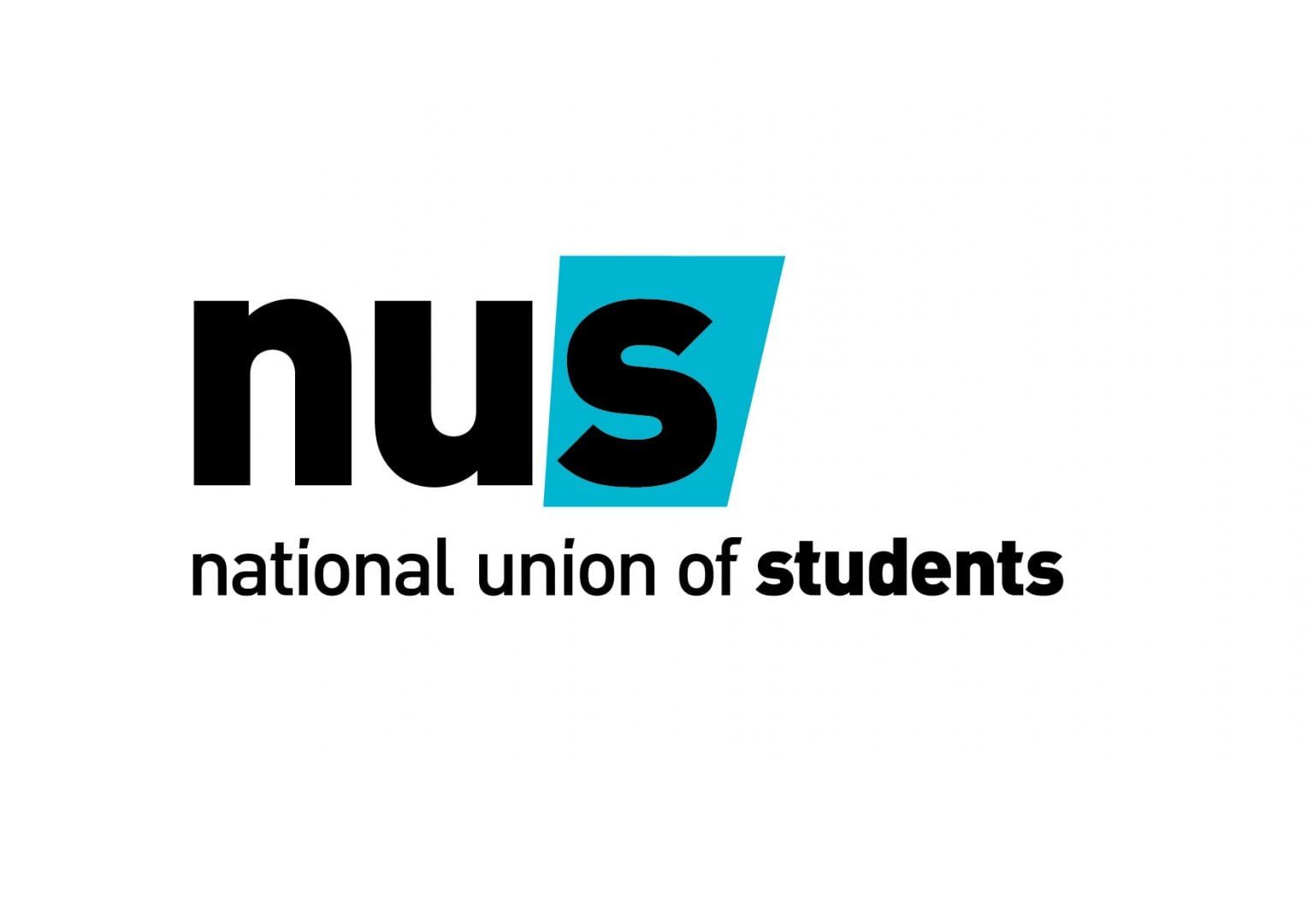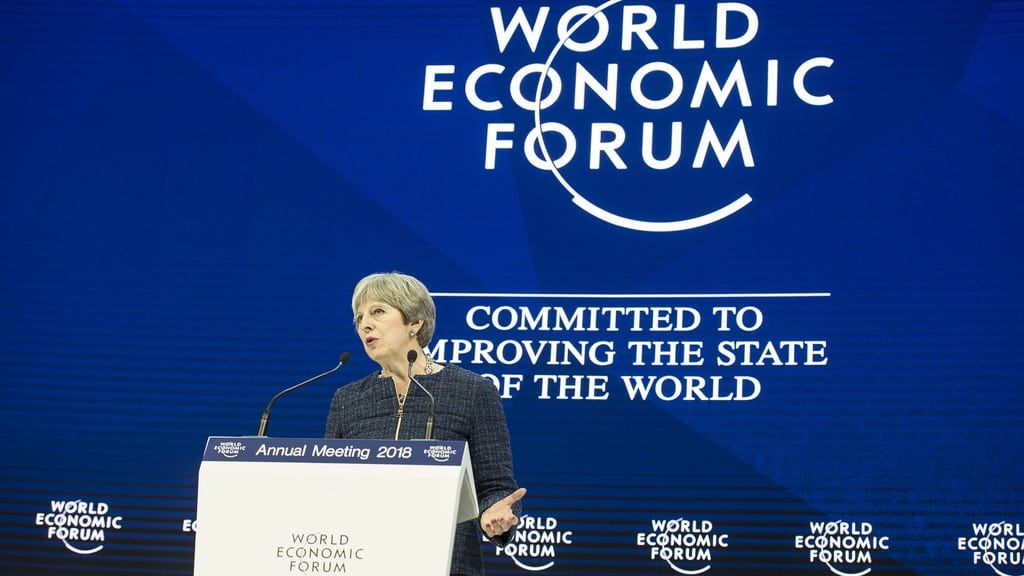NUS presidential candidates announced
The three candidates for the next National President of the National Union of Students (NUS) have been announced as Momin Saqib, President of King’s College London’s Students’ Union, Sahaya James, activist at the National Campaign Against Fees and Cuts, and Shakira Martin, the current NUS President.
Martin’s decision to re-stand comes despite several NUS Officers making allegations of bullying against her, and Hareem Ghani, the NUS Women’s Officer, submitting an official complaint to the NUS. Martin’s candidacy announcement on Twitter reads “It’s time to get real. I’m proud to be re-standing.”
All three candidates, particularly James and Saqib, have visions for reforming the NUS.
Saqib is the only candidate to explicitly include tackling “all forms of discrimination” in the organisation in his manifesto, saying that, “it is shameful that NUS was deemed as a racist organisation by the Internal Race Audit.” In early 2017, the NUS’ then-President Malia Bouattia, was found guilty of anti-Semitic comments.
One of the allegations against Shakira Martin is that she has thrown out policy motions with which she disagrees. In her manifesto, Sahaya James has said, “I will… never abuse my position to overrule policy and prevent democratic discussion from taking place — regardless of my own views.”
She proposes to “radically overhaul” the institution and to “[democratise] our structures in order to become a serious campaigning force.” This would involve “prioritising more accessible conferences with more time to discuss motions, engagement beyond cliques of sabbatical officers, and reversing budget cuts to liberation.”
Martin has also pledged to “develop a new way to develop and debate issues and policy constructively.”
Saqib believes that the NUS has become detached from students and individual Students’ Unions, and would provide “strong leadership” to counter internal turmoil and a weak reputation amongst students.
He would aim to re-franchise Unions that have left the NUS, such as Newcastle and Surrey Students’ Unions, and improve the NUS’ ‘Extra’ discount and App services to strengthen its financial position against competition from UniDays.
All three candidates support abolishing tuition fees.
James states that Higher Education should be “democratic and accessible to all, with no price tag at any level.” She and Martin will be campaigning on the issue of student poverty, with both proposing to campaign for a universal student living income.
James will also organise a “landmark conference” of students, MPs, and sector workers to “develop our vision for a cradle-to-grave National Education Service.”
Saqib has pledged to “stay on top” of the Government’s Tuition Fee Review and has degree value for money at the centre of his campaign.
Additionally, Martin has pleaded to establish a “national student rights framework” and to be “election ready”, claiming that the last UK General Election was timed during University exam and holiday periods to reduce student turnout.
James will “unite with the labour movement to support workers in struggles and to fight inequality and austerity.”
Saqib aims to improve student wellbeing, saying that “it’s time for Universities to put students’ mental health first.”
Voting takes place during the NUS National Conference at the Glasgow SECC between Tuesday the 27th and the Thursday the 29th of March 2018. Full manifestos can be read on the News section of the NUS Connect website.


